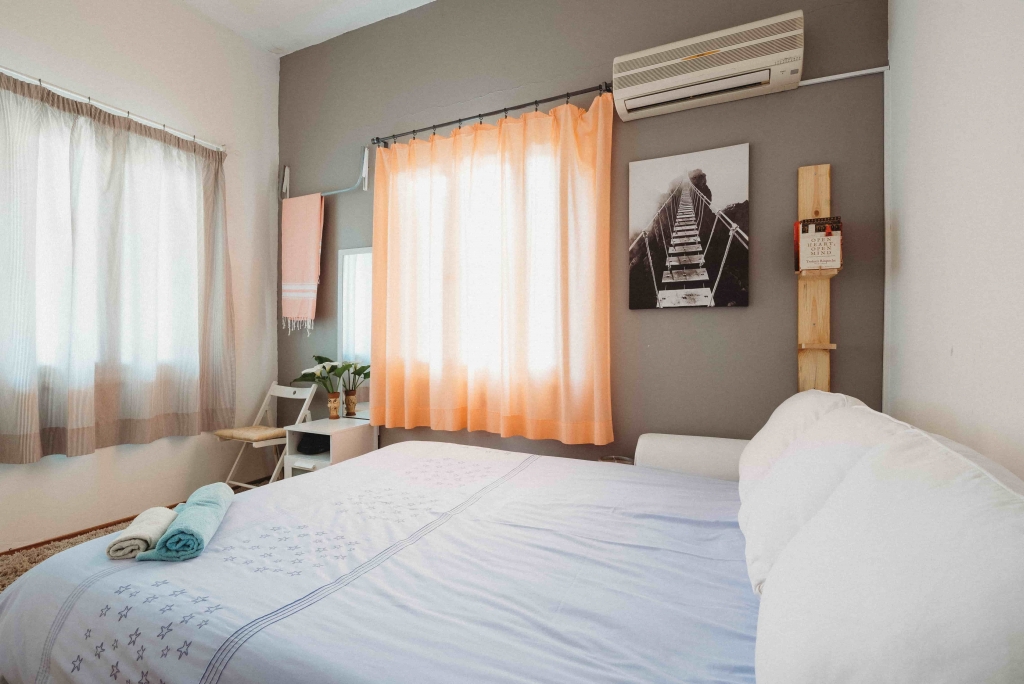
As a landlord, renting out a house is always your first priority. However, before you get there, there are some fundamental guidelines you should follow. If you are planning to rent out your house, start with these seven steps.
While many of these considerations may appear to be common sense, they are not always common practice. As a result, as a property owner, you are encouraged to address these issues prior to renting out your home. If you follow these steps, you should be prepared to rent!
1. Obtain Adequate Landlord Insurance
The first step is to ensure that you have adequate landlord insurance. Landlord insurance is distinct from standard homeowner’s insurance. As a landlord, this type of insurance will protect you from certain risks that ordinary homeowners would not.
Landlord insurance protects you from lawsuits, liability, and damage that could be pinned on your property. Additionally, it will help protect you from any damage caused by the tenant.
To ensure that you are receiving the appropriate type of insurance for your home, contact your regular insurance provider. They will be able to assist you in obtaining landlord insurance and will be able to answer specific questions.
You might even suggest to the tenant that they obtain renters insurance. This way, they will be protected in the event of property loss. While not all landlords require renters’ insurance, it may be a beneficial requirement for them.
Suggested Read: Essential Home Insurances: Your Guide to Peace of Mind
2. Locate a Reputable Accountant
The following step is to locate a reputable accountant. That is correct. Being an entrepreneur entails entering the business world. When you begin collecting money and providing a service or a product, which in this case is your home, you have entered the business world.
You must ensure that you are adhering to all applicable reporting requirements to the government. All income and expenses must be tracked. If you are not financially savvy in that area, you should seek the assistance of a CPA. One who can assist you and explain where numbers come from.
If you already work with a CPA, perhaps for other purposes, then have that conversation prior to renting. Inquire if there is anything you should be aware of, and they will assist you in getting started.
3. Have Your Lease Agreement Reviewed by an Attorney
The third step is to have an attorney review your lease agreement to ensure that everything is in order and that you have covered all your bases.
It would be fantastic if they could look and provide any feedback or suggestions. It is best to consult an attorney who specializes in real estate law. You cannot simply go online and download the first lease agreement you come across. You want to ensure that your lease is property specific.
Regardless of how confident you are in your lease agreement, it is always a good idea to have an attorney review it, especially if you make any changes.
4. Establish Rent Requirements and Screening Criteria
The following step is to establish screening criteria that include specific criteria while also ensuring that no one is discriminated against. It is critical not to violate any landlord-tenant laws.
This is also an excellent time to set a rent price. While you may be tempted to raise your rent, doing so will only complicate your search for a tenant. You want to maintain a competitive rental rate without undervaluing your home. As a rule, rent should not exceed 2.5 percent to 3% of the capital value of your home.
5. Prepare Your Paperwork and Advertise Your Rental Property
Following that, you should prepare all your paperwork, including the type of questions you will include on the application and a sample of your application. You should consult tenant and landlord laws to determine what you may and may not ask. Take extreme caution there. It’s all too easy to overlook something that could end up being critical.
Additionally, you will have move-in documents, receipts for rent payments, and move-out documents. Essentially, you’ll want to gather all documents pertaining to the tenant’s move in, stay, and departure from the property.
Once you’ve organized your paperwork, you’re ready to list your home for rent. Finding a tenant has become a simple process in the modern era. You can easily and quickly list your home on online listing sites and receive almost immediate traffic. If you lack the time or resources to manage your listing yourself, consider hiring a real estate agent.
6. Compile a Punch List of Required Repairs
You should always take care of even the smallest details in your home. If you pay attention to detail, the tenant will notice. If you maintain it, you increase your chances of developing a positive relationship with the tenant, which will benefit both of you in the long run.
To create your punch list, walk through your home and make a list of all the various items that must be addressed before the tenant moves in. This list will benefit you because when a prospective tenant comes to inspect the property and notices items that need to be repaired, they will be less likely to rent from you. If you pay close attention to detail, you will make a lasting impression on them.
The last thing you want is for a tenant to move in and immediately discover several minor issues. Always conduct a walk-through a few days prior to the tenant moving in. Check the small details that some people overlook, such as the garbage disposal, each light in the house, the faucets for hot and cold water, and that each toilet flushes properly.
7. Beautify Your Residence
Ascertain that the carpets are clean, and the home is debris-free. No tenant wants to move into an apartment and discover old boxes strewn about. Possess the mindset of a home-seller. When tenants come to view the property, it should be clean and ready to rent.

It will be different if you’re showing a fully furnished home. Although it should be spotless and the furniture in good condition.
You should not only focus on the interior but also on the landscaping. Grass cutting and weed pulling can make a significant difference. Bear in mind that the first impression someone has when they drive up to the property is critical.
Earn Passive Income Through Renting Out your House
Renting out a house can be a lengthy process, and many homeowners are looking to quickly fill vacancies. However, it is critical to invest time in locating quality tenants. It will eventually pay off.
Eventually, you’ll be able to determine the amount of passive income you can earn by leasing a sleeping property or an investment such as a house.
Suggested Read: 7 Things You Must Have Before Move-In


